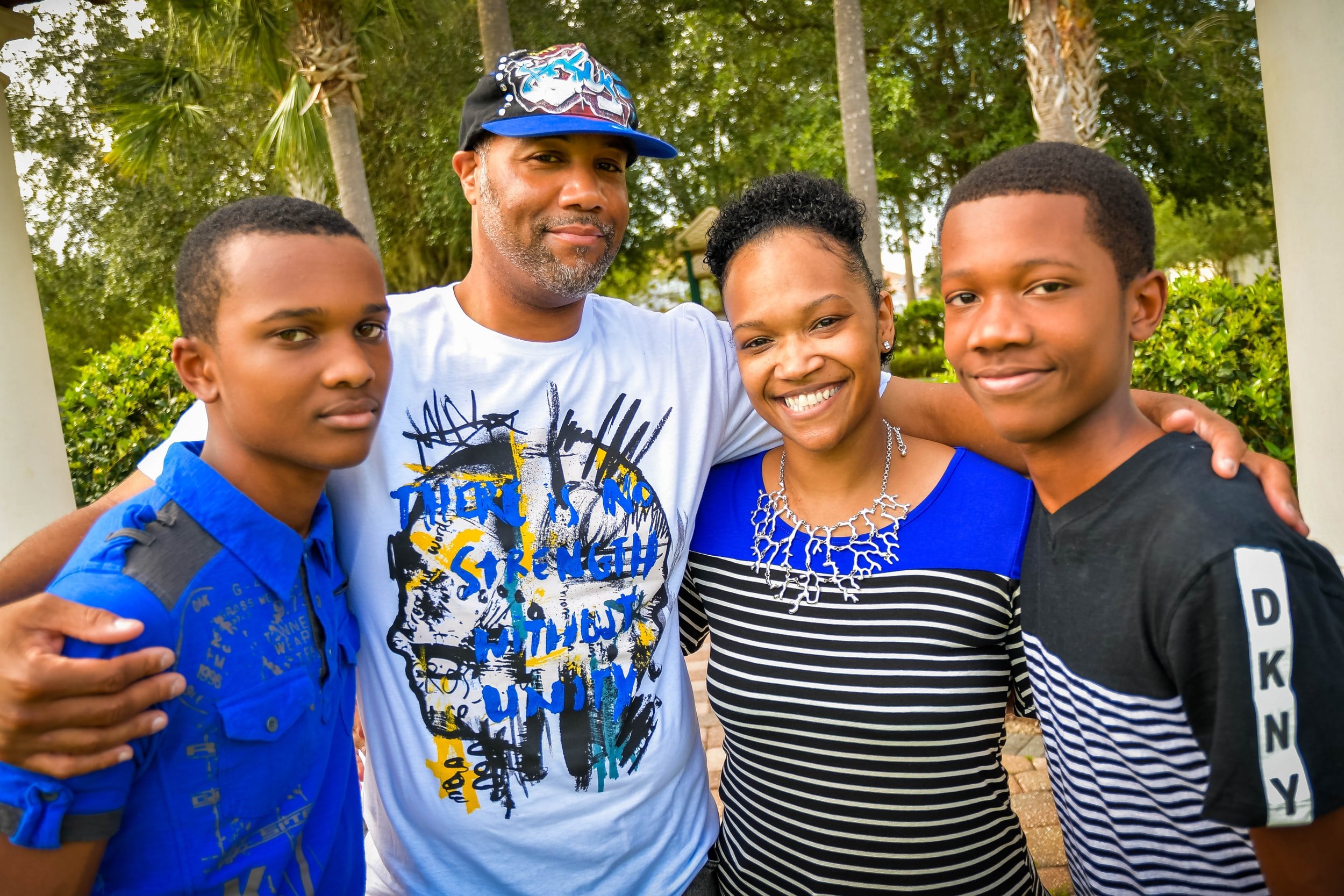
Family Estrangement & the Holidays
Families go “no-contact” for many reasons. Choosing to end a relationship with family members may be an adaptive response to an unhealthy environment. However, nearly all estrangements are accompanied by a sense of loss, sadness, or anger – this true even if you are the one that chose to go “no-contact”. Images of happy families on Facebook and Instagram may add salt to the wound.

Family Estrangement
Social media is filled with idealized images of families. You’ve probably never seen pictures of a family in conflict or struggling – there are no unfiltered images of tear-streaked, dejected faces. If you are estranged from your family, you may not know how common it is. You might feel alone and stigmatized as you scroll images of “happy” families. However, family estrangement is quite common and there are many others out there – like you - that are struggling with being cutoff.

Severe Brain Injury and Family Experiences
A few researchers sat with families and interviewed them about their experiences following a severe brain injury (Stenberg, Stalnacke, & Saveman, 2022). Their findings were interesting, but I’m sure they are not a surprise to families living with brain injury. Here are their findings. Do any of their findings sound familiar to you?

Brain Injury and Family Grief
A severe brain injury is one of the most devastating events that a family can experience. Losses are multi-layered and complex. Changes in your family member can be profound enough to be grieved like a death. Additional losses may include loss of relationship(s), financial stability, changes family roles, and many more.

Trauma and Grief: The Family Lifeboat
The storm is here. Every family member must put on his/her life jacket and get into the lifeboat together. You will experience waves of emotion, challenging behaviors, uncertainty and losses.

Brain Injury Happens to Families
Family members often shoulder the responsibility of caring for their injured loved one long after formal rehabilitation has ended. Unfortunately, most families are not prepared to meet the long-term demands of caring for a family member with a brain injury.
